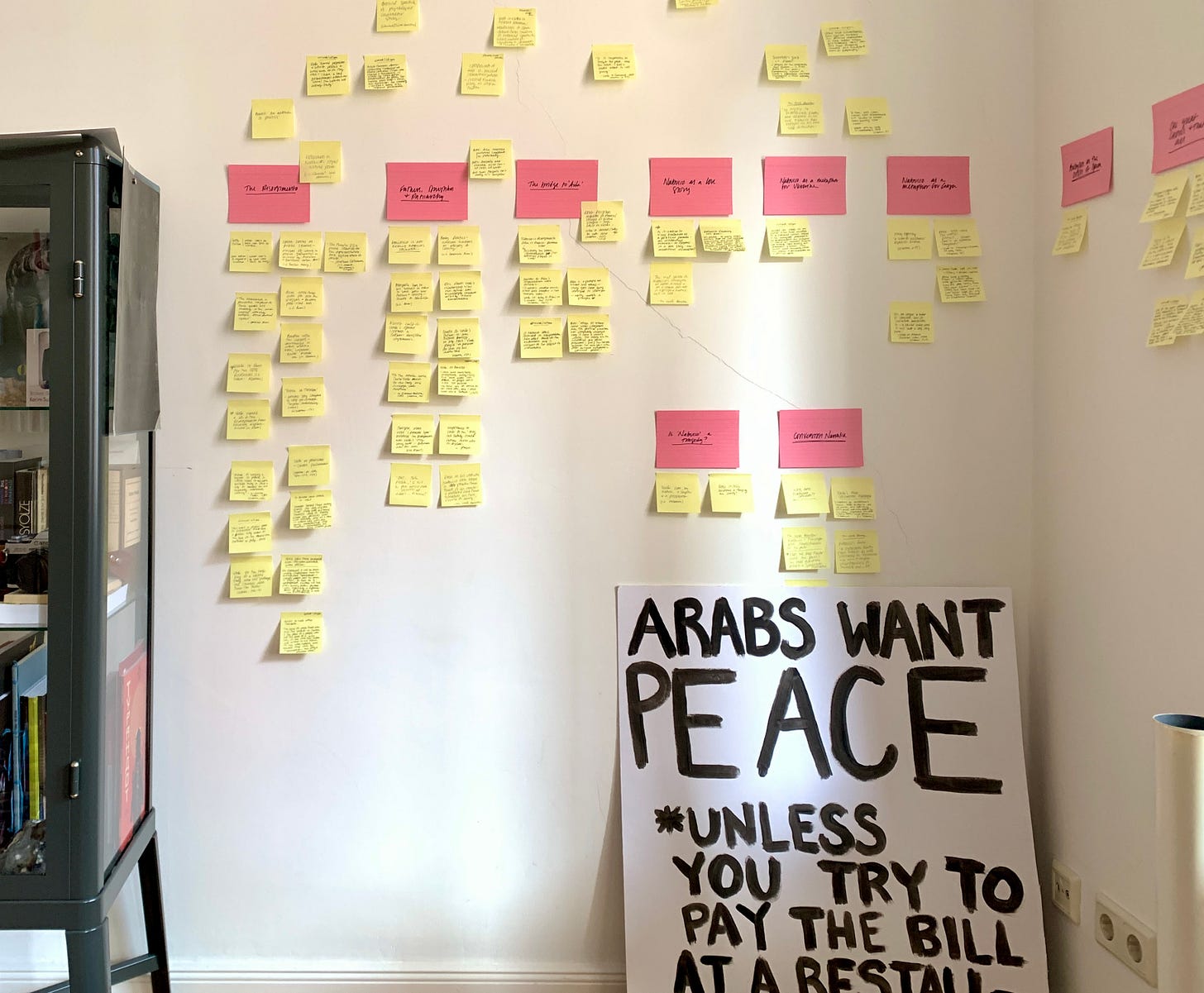Always Have Been. Always Will Be.
Election Day with Nabucco and Ulrich Mühe
Over the last six months, I’ve been entrenched in Verdi’s Nabucco, examining the work from every possible angle: It’s an opera about liberation. It’s an opera about father-daughter relationships. It’s an opera about my own family (including members who reportedly performed in its premiere). It’s a bridge from Verdi’s early-career, Risorgimento-driven optimism to the latter-day ideological letdown of that same hope embedded in Aida. It’s one great chorus embedded in a bunch of cabalettas. It’s one extended mad scene, nevermind the chorus. It’s a conversion narrative. It’s a love story. It’s a love letter to Orientalism. It’s a break-up letter with the Habsburg Empire. It’s a metaphor for Italian unification. It’s a metaphor for the Holocaust. It’s a metaphor for Berlusconi’s Italy. It’s a metaphor for Ukrainian sovereignty. It’s a metaphor for Zionism (positive). It’s a metaphor for Zionism (negative).
I can credit my renewed fasci…



